When Liverpool paid £116 million for Florian Wirtz, they weren’t only signing a footballer, they were investing in an idea.
A player whose understanding of rhythm and space felt so innate it seemed destined to translate anywhere, regardless of league, language or context.
He arrived from Bayer Leverkusen as a symbol of control and sophistication, a generational talent who moved at his own tempo and appeared untouched by the pressure or magnitude of the transfer.
Yet the start has been slower, and stranger, than most expected. There have been flashes of his composure and imagination, but the rhythm of his game has not yet aligned with the team around him.
He looks cautious where he once looked instinctive, slightly slower in thought and still searching for the physical edge that allows his artistry to breathe.
For all the noise around him, this isn’t a story of failure or misjudgement. It’s one of timing, structure and chemistry — and of a player learning that the pictures he is used to painting are no longer moving in quite the same way.
From Leverkusen to Liverpool: A Different Rhythm

If there has been a thread running through Wirtz’s early weeks at Liverpool, it has been that the picture in front of him no longer moves in the way he needs it did.
At Leverkusen, the game unfolded like a chain reaction: Jeremie Frimpong bursting down the right, Victor Boniface pulling centre-backs into awkward positions, Amine Adli darting diagonally to create passing lanes.
Every time Wirtz received the ball, someone was already running and that constant movement allowed him to play at his natural pace. He didn’t need to pause or assess; the next pass revealed itself.
At Liverpool, that chain has broken. The movement ahead of him is slower, the runs fewer and the team around him is severely lacking width.

Cody Gakpo has always been a player who prefers to cut inside rather than attack space behind.
Mohamed Salah once provided a threat in behind better than anyone in world football, but his game has evolved. He now plays slightly deeper, often dropping into pockets to orchestrate attacks rather than leading the line.
It’s a role that suits his age and intelligence but subtly clashes with Wirtz’s instincts because both are now trying to conduct from similar zones.
That shift has narrowed Liverpool’s shape. The forwards who once gave width and depth now compress the pitch, forcing Wirtz to operate in traffic rather than between lines.
At Leverkusen and with Germany, his first glance forward usually found movement; at Liverpool, it often finds static bodies waiting to receive.
Arne Slot’s Liverpool still feels like an unfinished painting. There are brushstrokes of brilliance, but the picture hasn’t yet settled.
Confidence, pressure and the media lens
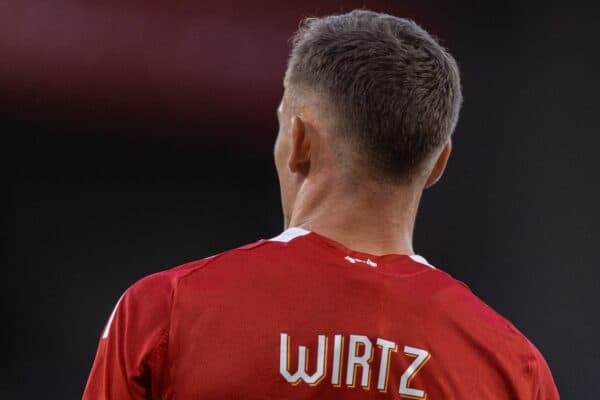
For all the criticism, the numbers tell a more subtle story.
No Liverpool player has created more chances than Wirtz in all competitions this season. His expected assists figure of 0.38xA per 90 minutes already ranks among the top three in the squad.
The brief spell alongside Hugo Ekitike against Chelsea hinted at what could come. Ekitike’s instinct to dart in behind gave Wirtz a moving target again, a runner who, like Wirtz, plays on intuition.
That’s why Alexander Isak’s arrival matters. Isak’s movement — intelligent, economical and always vertical — could be the key to unlocking Wirtz’s best form. Or even better, if Ekitike and Isak start together. When he has pace and purpose ahead of him, he doesn’t just play quicker; he plays more with more freedom.
In England, the patience for nuance is thin. Slot’s decision to bench Wirtz at Stamford Bridge was framed as tactical balance but interpreted as doubt.
The pundit chorus followed, as it always does but that analysis misses the broader pattern.
Liverpool’s best imports have almost often taken time. Wirtz is walking a familiar road, the only difference is that he’s doing it under the microscope of a nine-figure fee.
The Premier League is less a sprint and more a culture shock — faster, heavier, more unforgiving. For a player who reads the game through timing rather than power, those opening weeks are always the hardest.
If there’s a reason to believe Wirtz will come through this period, it’s because his career has already been built on recovery — from setbacks, pressure and moments that would have broken lesser players.
He tore his ACL at 19 years old, an injury that could have derailed a generational talent, but he returned sharper, stronger and more complete.
Not long after, an ankle problem forced him out again, and once more he rebuilt. Those comebacks defined him long before his move to Liverpool ever did.

But resilience for Wirtz has never been only physical. It’s psychological too, a quiet defiance that surfaces when the spotlight turns hostile.
That was clear earlier this year when he returned to face FC Koln, the club whose youth system he left to join Bayer Leverkusen.
He was booed throughout by sections of the home support, a rivalry still carrying the sting of that move. Leverkusen went 2–0 down in the German Cup tie and the night seemed to be slipping away.
What followed was the kind of performance that defines a player’s temperament. Wirtz was instrumental in the comeback, driving Leverkusen forward, creating space where there was none and assisting one of the goals as his side overturned the deficit to win 3–2 in extra time.
He grabbed the game by the scruff of its neck when his team needed him. That evening in Cologne said more about him than any statistic could.
Building the picture around Florian Wirtz

If Liverpool want to see the best of Wirtz, they have to stay true to the plan that brought him here. He chose Anfield over Bayern Munich because Slot showed him a project built around his qualities — a role with purpose, not just a place in the squad.
That vision can’t be abandoned just because the start has been difficult. The answer isn’t to reshape Wirtz to suit the system; it’s to let the system evolve around him. Slot’s design depended on intelligence and connection, on players moving as one — and Wirtz is the player who gives that idea life.
The wider truth is that this team is still new. Almost half of the outfield 10 have changed since last season and those relationships don’t form overnight.
There’s no familiarity yet, no shared instinct. Until that arrives, the game around him will always look slightly off balance.
When it does click, the question of whether he fits English football will disappear.
The plan that convinced him to choose Liverpool will start to look exactly as Slot imagined, and the player everyone thought they were signing will finally emerge.
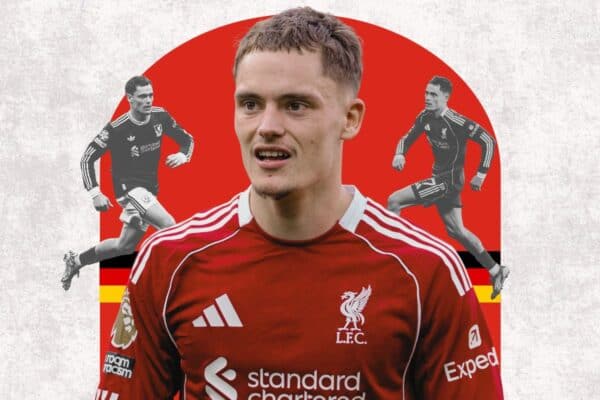
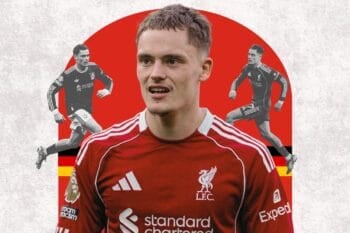






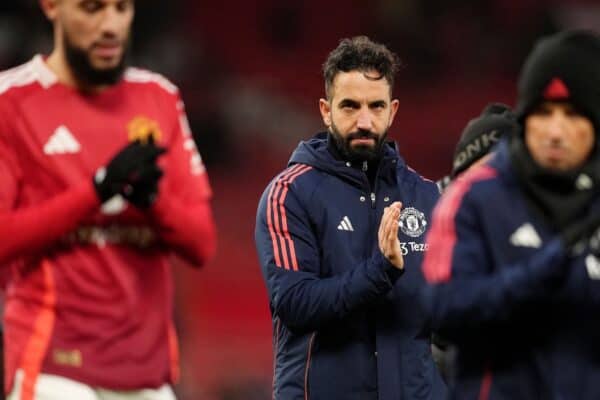

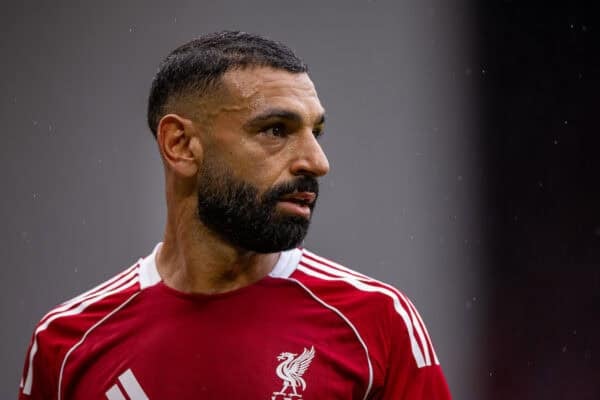
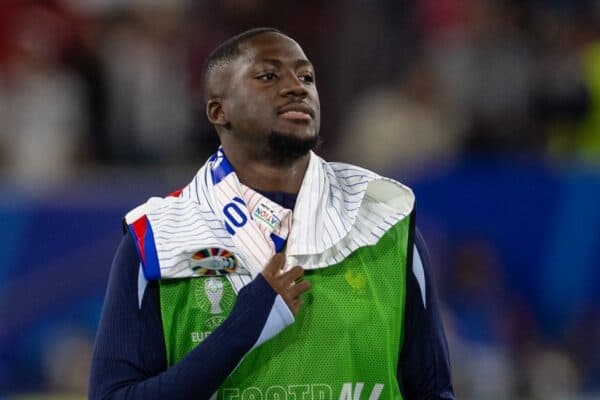

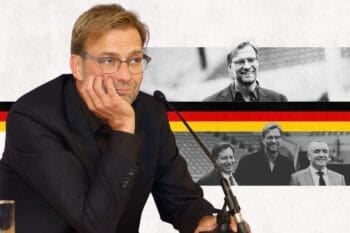



Fan Comments